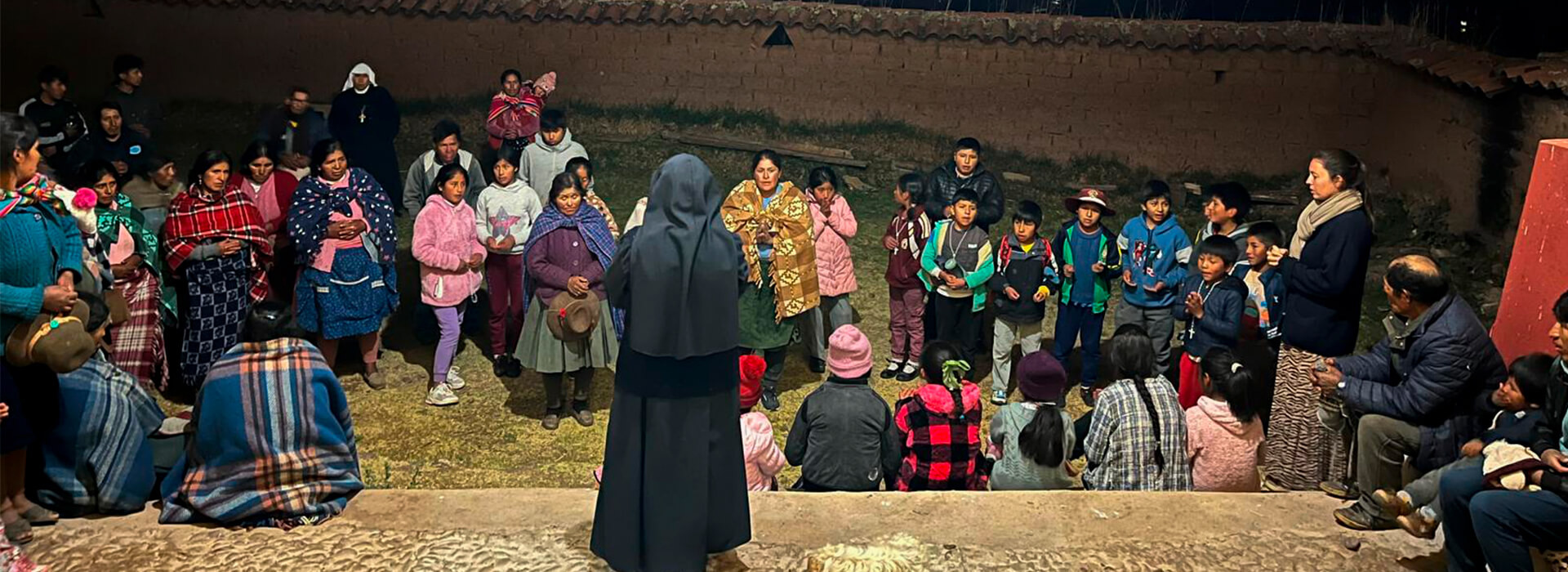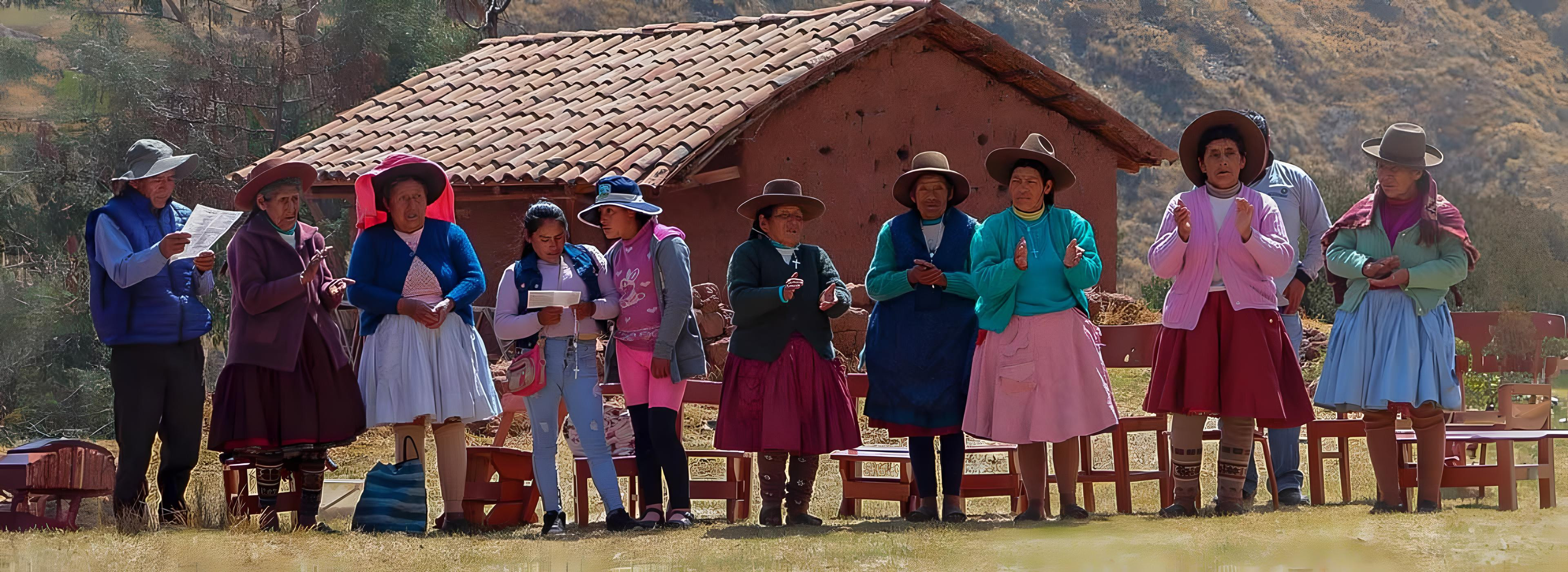Satan’s tool (…or the beam in your neighbor’s eye)
AUG 17, 2021
The Second Vatican Council (which after more than 50 years we should have internalized), reminds us that all the faithful (not only priests and religious) are called to holiness (cf. Lumen gentium, 11/3, 32/3, 39-42) and defines this as the “perfection of charity” (cf. LG 39, 40/2). What a precise definition! Indeed, the saying “the good, if brief, is better” applies here. This perfection of charity must imbue every part of our lives, even our tongue! And it is this aspect that I want to talk about here.
No long ago I listened to a testimony by an ex-Satanist who had converted through a Miraculous Medal. What can’t the Mother of God accomplish?! This ex-Satanist explained that, in addition to promoting abortion, one of the principal activities as an instrument of evil was destroying Christian communities. He explained that to do this Satanists use three means: promoting moral scandals (especially abusing minors), provoking economic scandals, and if these fail, having infallible recourse to gossip (provoking negative comments and making this backbiting within the Christian community end by making it disappear). And thus the title of this article. Gossip is one of the tools with which the devil destroys a community.

How many times has Pope Francis affirmed this! One example: It is not good to do this: to go and gossip: “Have you heard... have you heard?” That community is hell. This is not good for us. If I have some problem with a sister or brother, I say so to his or her face or I say it to someone who can help, but I do not tell others in order to “blacken” their name. And gossip is terrible! Underlying gossip is envy, jealousy and ambition. Think about this. I once heard of a person who after the spiritual exercises...had promised the Lord never to speak badly of another. This is a beautiful, beautiful way to holiness! Never to speak badly of others. “But father, there are problems.” Tell the superior, tell the Bishop who can remedy them. Do not tell a person who cannot help. This is important: brotherhood! But tell me, would you speak badly of your mother, your father, your siblings? Never. And why do you do so in the consecrated life, at the seminary, in your priestly life? (Speech to seminarians and novices on the occasion of the Year of Faith. Rome. July 6, 2013)
Pope Francis has given us another example by recalling a meaningful event in the life of Saint Philip Neri. A woman went to confess, and she confessed of having gossiped. Then the saint…told her: “Madam, as penance, before I give you absolution, go home, pick up a chicken, pluck the chicken, then go through the neighborhood and scatter the chicken feathers throughout the neighborhood, and then come back.” The next day the lady returned. “I did it, Father, will you give me absolution?” St Philip Neri responded eloquently. “No, there is something missing, Madam. Go throughout the neighborhood and pick up all the feathers,” because this is how gossip is: it sullies the other person. Indeed, those who gossip, sully, destroy the reputation, destroy life (Morning Meditation in the Domus Sanctae Marthae, May 12, 2016). And go afterwards and try to gather all the feathers to repair the damage you have done! Such is gossip! It is robbing your neighbor of his good name which is almost impossible to restore.
Morally we could say that there is only one category of persons authorized to make judgments about others—those who have the responsibility of guiding a community. Or, for example, the Pope with respect to the Church; the Bishop with respect to the souls entrusted to him; the parish priest with respect to his congregation; the superior of a community with respect to its members; parents with respect to their children. And this is not a "concession," as if to say: "Poor people! They have such a great burden that we are going to allow them some relief!" No, it is not an authorization for them to incur this particular grave sin, but rather it is something that is part of their responsibility to guide these people to maturity. Therefore, they must know how to analyze their negative aspects, but only to give them a solution and so correct and seek their good, not to destroy them but to help them. And the “holy” excuse of “constructive criticism” doesn’t apply. This doesn’t exist or exists very rarely. It is better not to risk it and expose yourself to a lack of charity.
When, then, may I speak ill of someone? Simple. NEVER! If you don’t want to fall into this ugly vice, then you must avoid consenting to even thinking a negative judgment about someone. Charity from the depths, because everything begins in the heart! There is only one person we are allowed to judge and criticize (and to judge them relentlessly) and that is ourself!
Don Felipe (who is now in glory), the priest who was my spiritual director and that of the Missionary Servants of the Poor seminarians in our seminary in Ajofrin for many years, had an excellent saying, “If you want to be holy and happy, don’t analyze!” If we want to be holy and preserve peace and joy in our heart and all around us (and not be instruments of evil), our speech must always be constructive and positive. If we can’t, it is better to remain silent.







